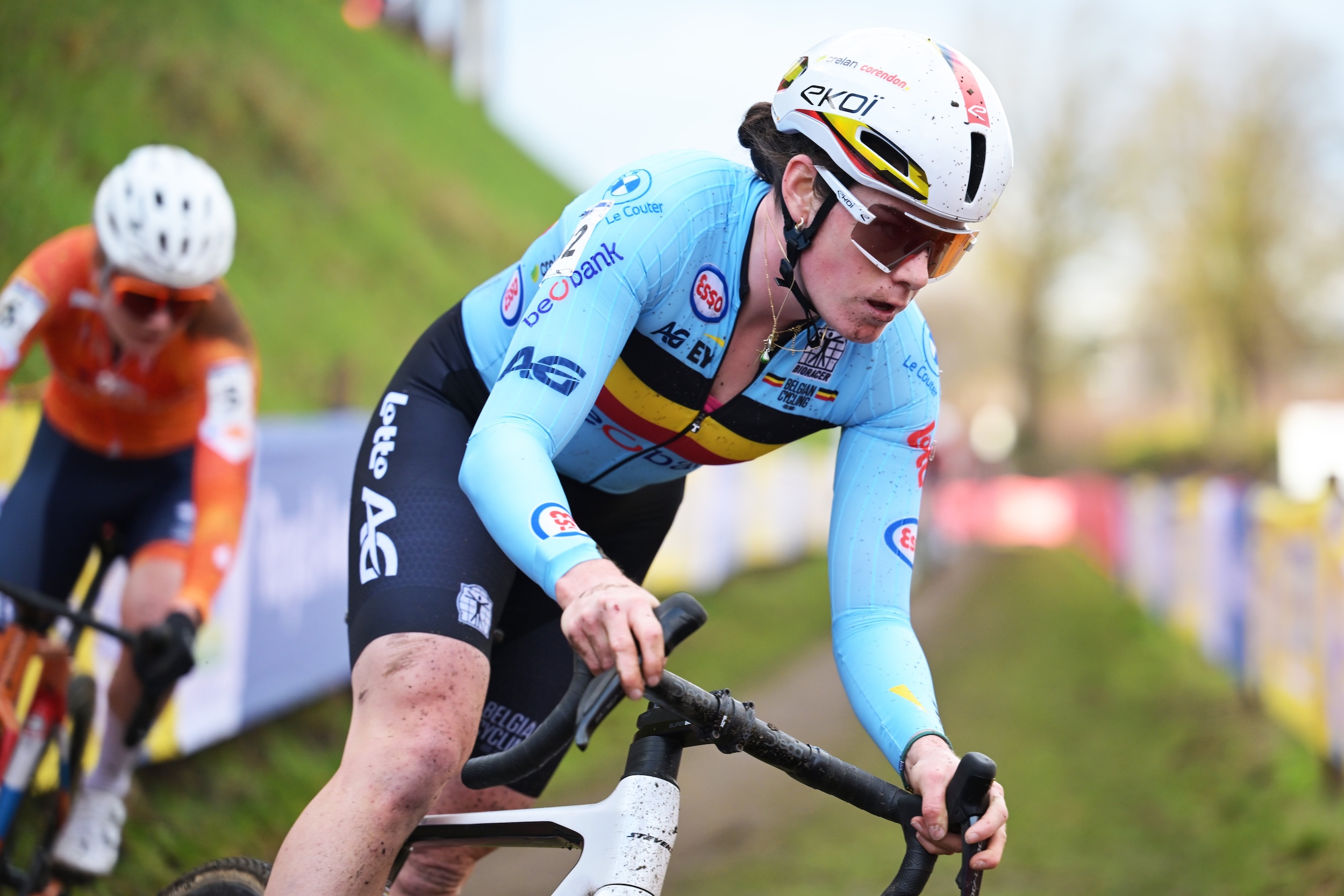WADA reinstates Russian Anti-Doping Agency to outcry
USADA CEO calls the move 'inexplicable'
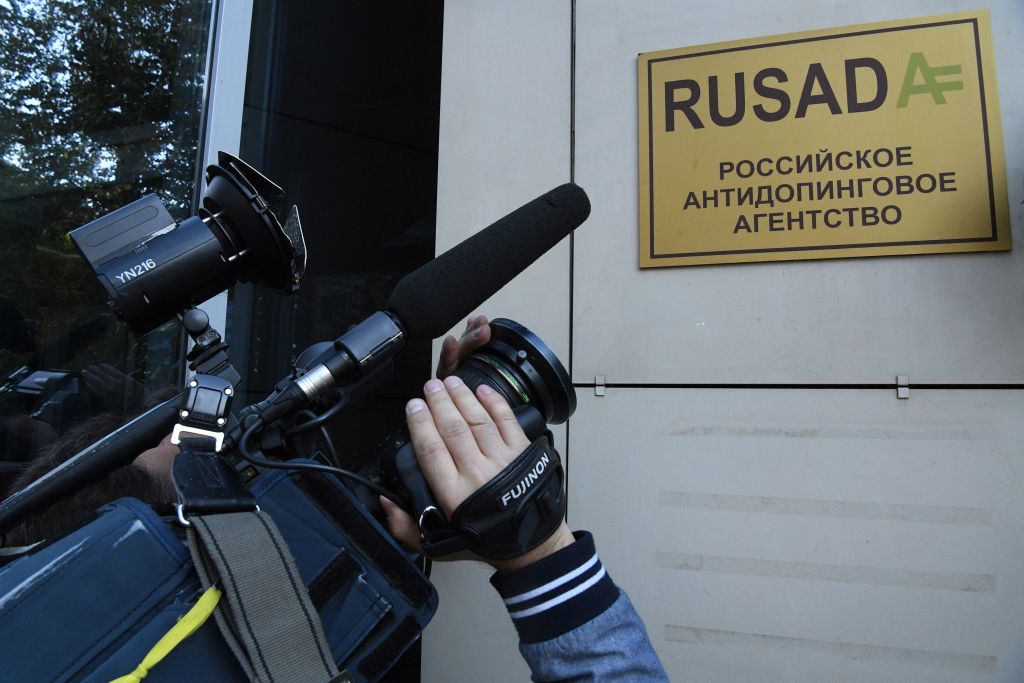
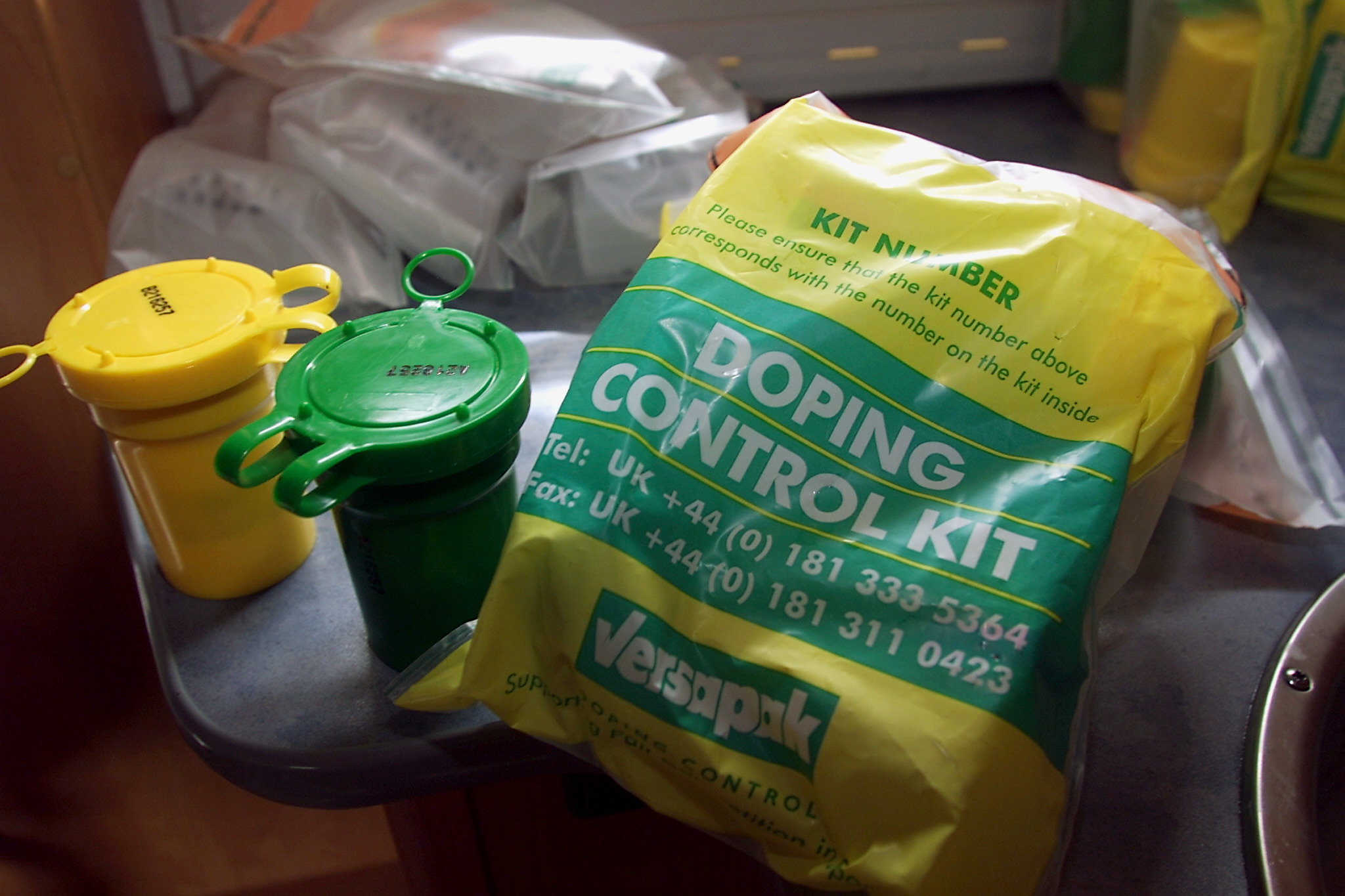
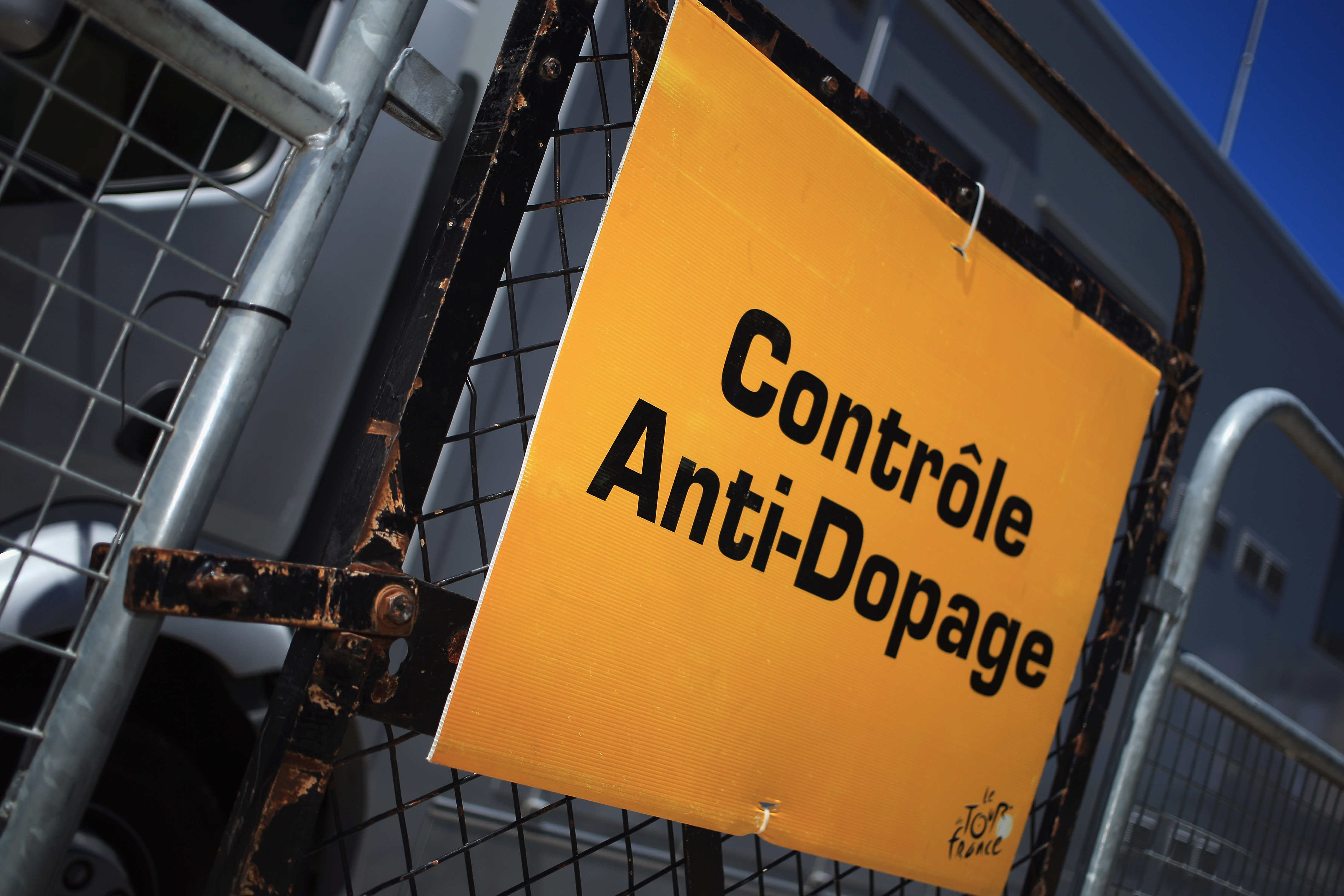
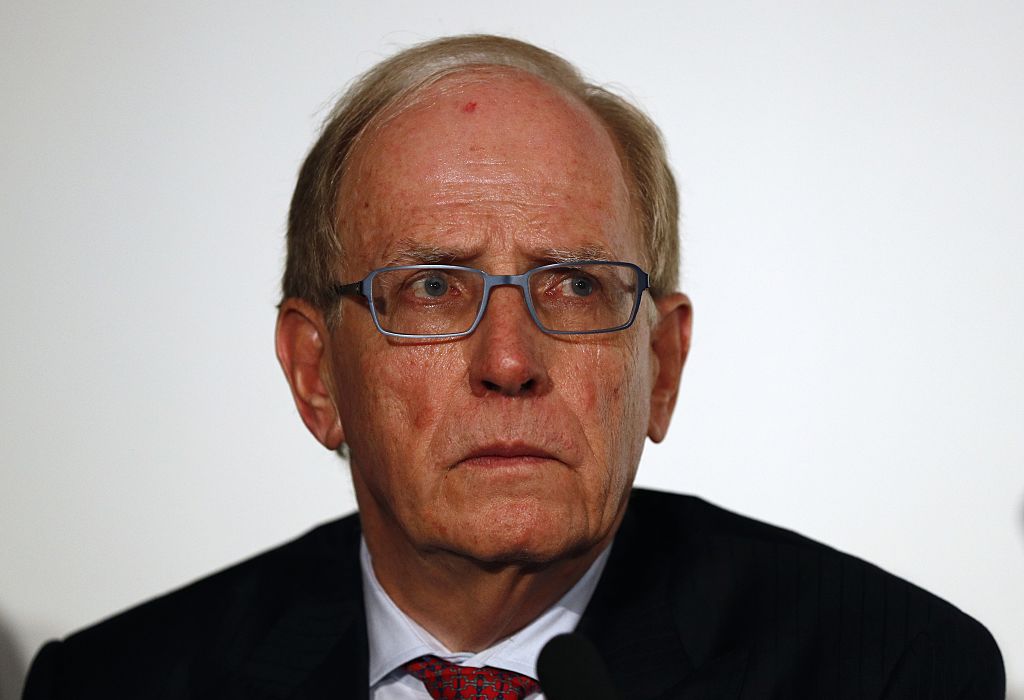
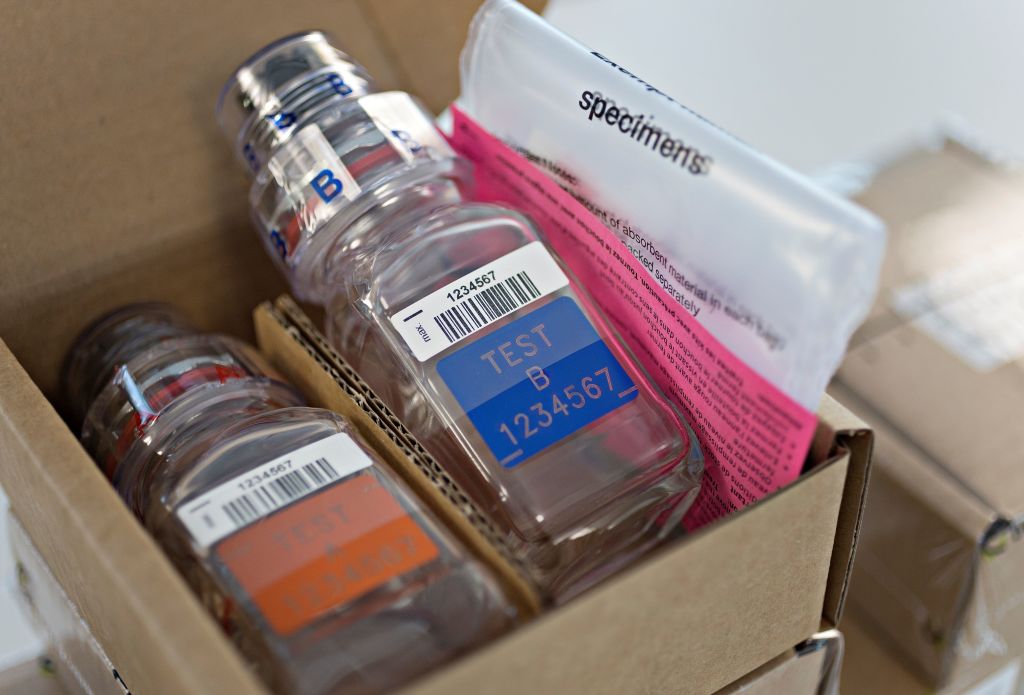
The World Anti-Doping Agency (WADA) voted on Thursday to reinstate the Russian Anti-Doping Agency (RUSADA), declaring that RUSADA had fulfilled all the conditions to be deemed compliant with the WADA code.
WADA suspends Russian anti-doping agency, declares five more nations non-compliant
RUSADA head suspends his role in UCI Anti-Doping Commission
WADA details response to Fancy Bears' hacking
WADA obtains new evidence in Russian doping investigation
Tygart says WADA lost credibility in Chris Froome's salbutamol case
WADA's decision led to an outcry from other Anti-Doping bodies who argued that RUSADA had not fulfilled the terms of its 'roadmap' to compliance set down by WADA and that by declaring RUSADA 'compliant' and open for business, WADA had 'shifted the goalposts'.
United States Anti-Doping Agency CEO Travis Tygart called the decision "a devastating blow to the world's clean athletes".
RUSADA has been out of business (declared non-compliant) since November 2015, when investigators unearthed a sweeping state-sponsored doping conspiracy that included wide-spread cover-ups of doping positives and even tampering with doping samples at the 2014 Sochi Winter Olympics.
WADA laid out specific changes RUSADA would need to make in order to be reinstated, and while the agency had complied with many of the demands, the negotiations were stuck on two important points that could lead to athletes being sanctioned for Anti-Doping Rule Violations (ADRVs) and possibly stripped of their Olympic medals.
For years, Russia has refused to accept the findings of the McLaren report that detailed the conspiracy and to open up its doors to WADA, allowing full access to stored urine samples and the Laboratory Information Management System (LIMS) that tracks and stores test results on athlete samples and the analytical findings of the tests.
Finally, on September 13 this year, Russian Sports Minister Pavel Kolobkov wrote in a letter to WADA's President Craig Reedie accepting the findings of the Schimd report - the independent report commissioned by the IOC - but not directly accepting the findings of the more rigorous McLaren report.
The latest race content, interviews, features, reviews and expert buying guides, direct to your inbox!
Kolobkov also agreed to turn over the urine samples and allow WADA access to its LIMS but without committing to a due date.
WADA's Executive Committee voted this week to follow the recommendation of the Compliance Review Committee, passing the measure nine to two in favour of RUSADA's reinstatement. WADA Vice-President Linda Hofstad Helleland of Norway and Oceania voting against the measure, while Europe abstained.
Tygart called the decision "bewildering and inexplicable" and said "WADA sent one clear message to the world: we put the wishes of a small handful of sports administrators above the rights of millions of clean athletes and the dreams of billions of sports fans."
Tygart then demanded reforms to the world's anti-doping body, saying that WADA's "u-turn" on Russian compliance goes against what athletes are demanding of it.
"Over the last week, the world's athletes have made it abundantly clear what WADA they want... a robust, independent and confident WADA that stands on its own two feet."
Tygart said that the IOC's involvement is a conflict of interest - the "fox guarding the henhouse" - and called for a reform of WADA to create an agency "with teeth, authority, sanctioning power and the determination to get the job done of cleaning up sport and restoring the trust of the billions of sports fans and athletes worldwide."
Will the agreement lead to sanctions?
As many as 1,000 Russian athletes were caught up in the Russian doping scandal, including an unknown number of cyclists. The scandal broke just before the 2016 Summer Olympic Games in Rio, leading the IOC to block the participation of the country's Athletics federation, in addition to barring athletes named in the McLaren report.
The IOC also attempted to block any Russian athlete with a past doping positive, even if the athlete had already served a ban - a decision that led to numerous cases being brought before the Court of Arbitration for Sport.
Olga Zabelinskaya, who went on to win the silver medal in the individual time trial, was among those who had past doping bans. She won her argument to CAS and the right to compete in the Games, but four Russian track cyclists - Kirill Sveshnikov, Dmitry Sokolov and Dmitry Strakhov, who were implicated in the McLaren report and Sergey Shilov, who tested positive for carphedon in 2009 - were barred from the Games, leaving Russia without its team pursuit entry.
Dozens of positives were uncovered in re-analyses done on the 2008 and 2012 Olympic Games samples, and athletes sanctioned, but the Moscow laboratory's stored samples and data are of keen interest to WADA for sanctioning the remaining doped athletes.
WADA already has the LIMS data, which was leaked by a whistleblower in 2017, but needs the data from the instruments that perform the tests to complete the ADRV cases.
As long as the Russian authorities continued to deny the findings of the McLaren as well as the IOC-commissioned Schmid report, they stonewalled WADA from gaining access to any of the physical evidence.
WADA President Reedie said in statement today that declaring Russia compliant was necessary to obtain access to the samples and the data after a prolonged impasse.
"By the terms of today's [Executive Committee] decision, we now have a clear timeline to be granted access to the Moscow Laboratory, which has been sealed off due to a federal investigation," Reedie said. "The sooner we are able to access the required data and samples, with the potential to implicate or exonerate a great many athletes, the better."
Russian can now be punished under a new framework, the International Standard for Code Compliance by Signatories, should it fail to provide the access set forth under the conditions.
"Without this pragmatic approach, we would continue with the impasse and the laboratory data could have remained out of our reach indefinitely, depriving our investigators of potentially critical information," Reedie said.
"The raw data is the missing piece that will complement the LIMS database and help conclude WADA's McLaren and Operation LIMS investigations."
RUSADA must now provide WADA with authenticated LIMS data and the underlying analytical data from the Moscow laboratory by December 31, 2018, and all re-analysis of the samples must be completed by June 30, 2019.
Additionally, RUSADA must undergo an audit within the next four months to test their compliance with the WADA code. WADA will continue to have independent experts at RUSADA's headquarters and on RUSADA's Supervisory Board for reports and audits.

Laura Weislo has been with Cyclingnews since 2006 after making a switch from a career in science. As Managing Editor, she coordinates coverage for North American events and global news. As former elite-level road racer who dabbled in cyclo-cross and track, Laura has a passion for all three disciplines. When not working she likes to go camping and explore lesser traveled roads, paths and gravel tracks. Laura specialises in covering doping, anti-doping, UCI governance and performing data analysis.
